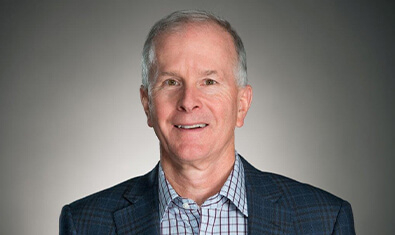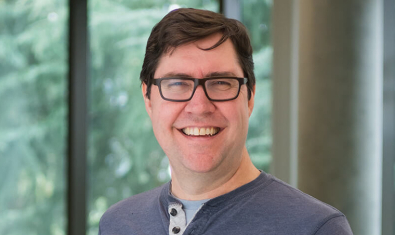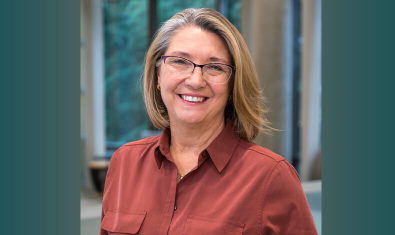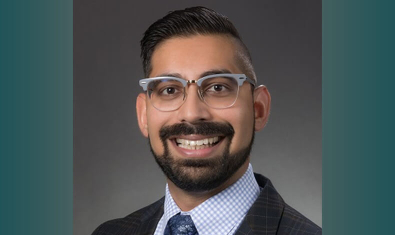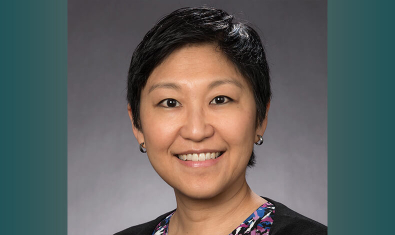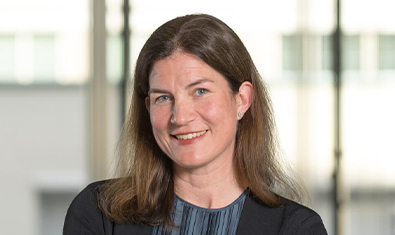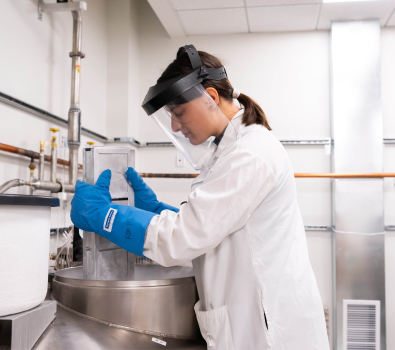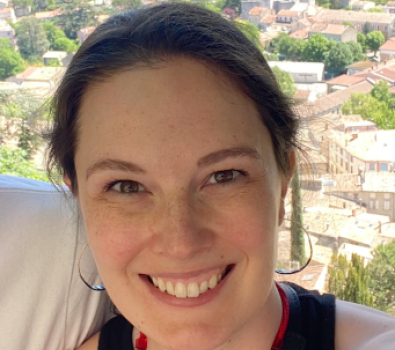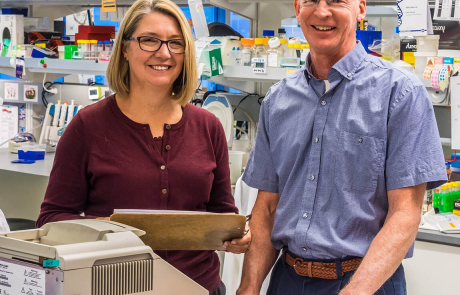Thank you for joining us at Immunology To Change Lives on Tuesday, November 18, 2025! Please check back soon for more information about the 2026 event.
At BRI, our vision of a healthy immune system for everyone drives us forward. From studying genes to understand why some people are more at risk for diseases of the immune system, to exploring therapies that delay the onset of disease, our research fuels groundbreaking discoveries that impact the real people living with these conditions. We take what we learn in the lab and integrate it into clinical care. Just as importantly, we take the challenging questions and lived experiences from patients and clinicians and bring them back into the lab. This cycle — where research shapes care, and care inspires new research – moves forward our mission of advancing the science to predict, prevent, reverse and cure diseases of the immune system.
Featured Speakers
Questions?
Contact us via email. We're happy to answer any questions you may have.

